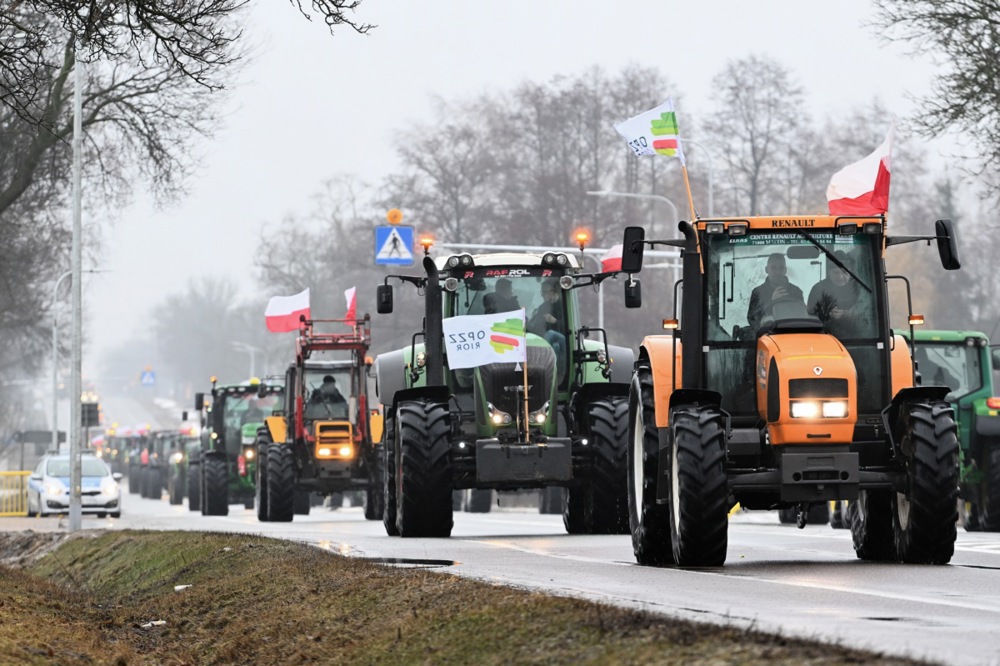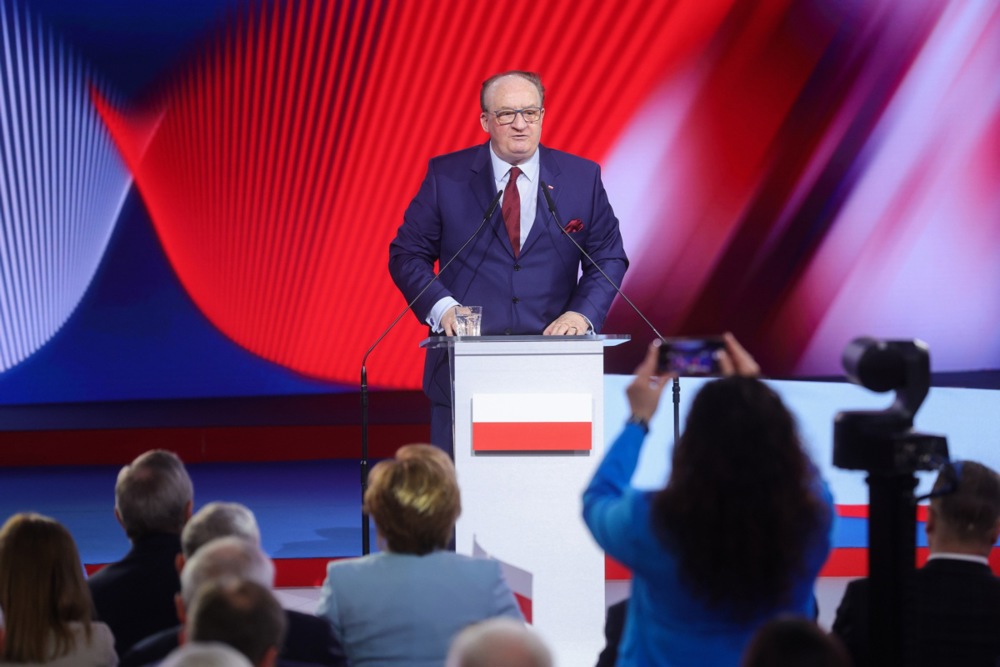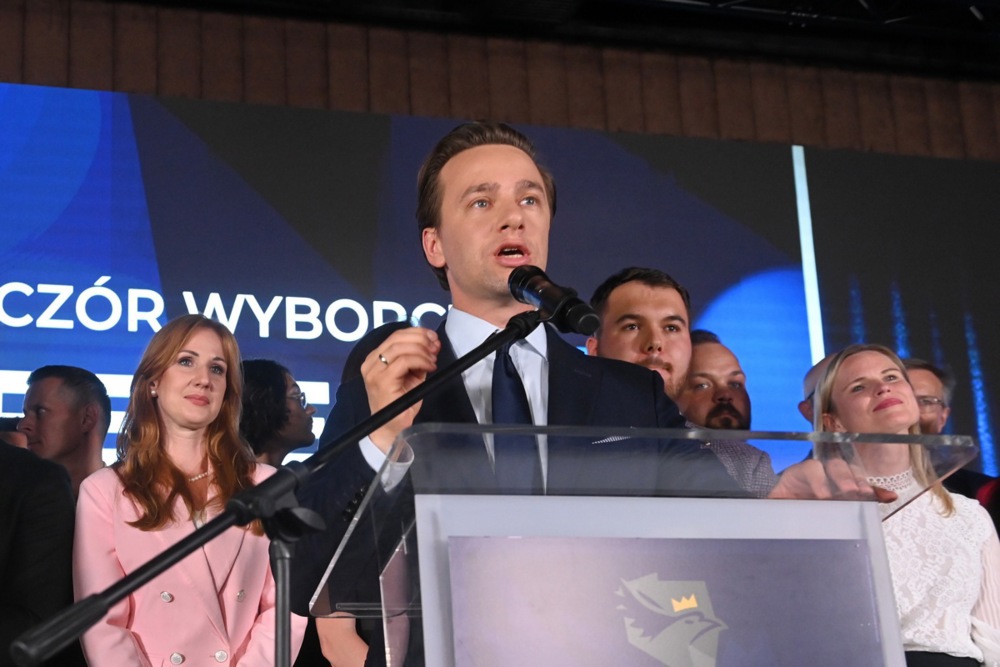After the second battle of El Alamein in 1942, Winston Churchill famously said: “Now this is not the end. It is not even the beginning of the end. But it is, perhaps, the end of the beginning.” This may be the case with the conservative struggle in Europe.
Did the European elections shake up the European establishment in a decisive manner? To be honest, no, they did not. Although the result was an upset, it was not a political earthquake.
However, subject to conditions, it may lead to important developments.
Legacy media may be lamenting the rise of the “extreme-right,” but the numbers are not that impressive. Marine Le Pen’s Identity and Democracy (ID) won 58 seats, nine up from five years ago. The European Conservatives and Reformists (ECR), headed by Italy’s Prime Minister Giorgia Meloni, increased its number of seats by four.
This is not a game-changer. The grand alliance of centre-right, socialist and liberal parties can still call the shots in the European Parliament, especially if the Greens also join in. To begin with, the EPP, S&D and Renew can re-elect Ursula von der Leyen, if they wish to.
Journalists may call Giorgia Meloni the “kingmaker,” but the truth is that if the EPP decides to shift further to the centre, the establishment can do without her. After all, the EPP’s liberal turn added another 13 to its seats.
The right would be more powerful and influential if it were not fragmented. Le Pen is calling for a “supergroup,” but chances are slim, as Meloni is happy to keep flirting with everyone, acting as a political wildcard.
And then you have the rogues.
Alternative for Germany managed to get 15 lawmakers. Hungarian Prime Minister Viktor Orbán’s Fidesz party bagged another ten. Poland’s Confederatio and Bulgaria’s Revival party got three each.
If all nationalists and conservatives did form a single group, they would truly be a force to be reckoned with. But, even as things stand, Sunday’s results do make a difference.
Belgium’s PM was forced to step down. Germany’s government has almost lost its democratic legitimacy. President Macron responded to his resounding defeat with snap parliamentary elections. Chega solidified its presence in Portugal. Greece’s Mitsotakis crumbed from 41 to 28 per cent.
Importantly, the conservative agenda, which has been spearheaded by leaders and parties from Eastern European countries, has now spread to Western Europe too.
Mass immigration, obsessive green-deal policies and the LGBTQ+ cult were defeated at the ballot. The ruling elites may have not been ousted yet, but the message has been sent: the tide is turning. New governments are expected to take over in key countries. The balance of power inside the EU is changing.
It is in such a context that Sir Winston’s quote sounds timely. A long road still lies ahead for the conservative cause and the survival of nation-states. The end of it is not even in sight. But Sunday’s result is, perhaps, the end of its beginning.





